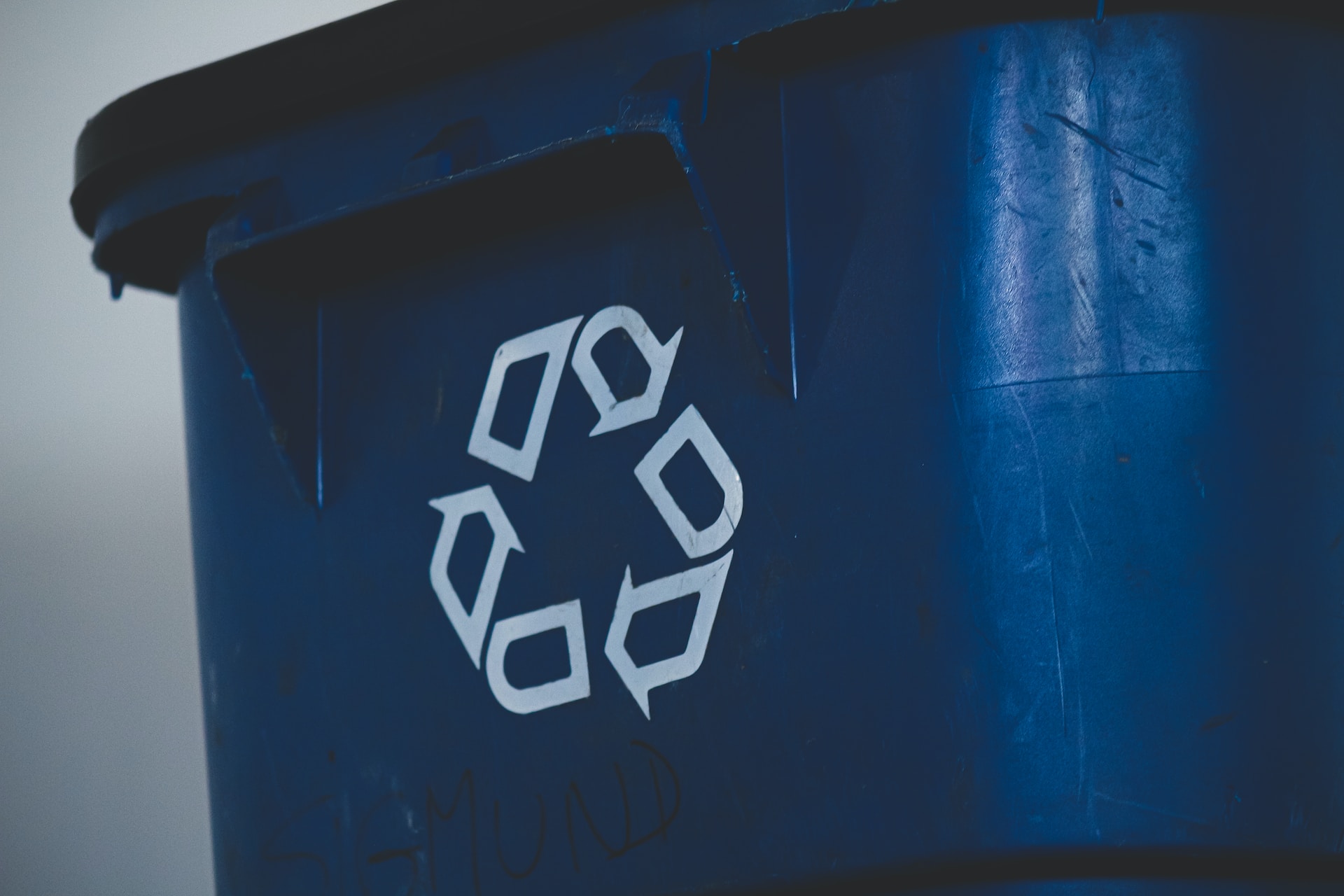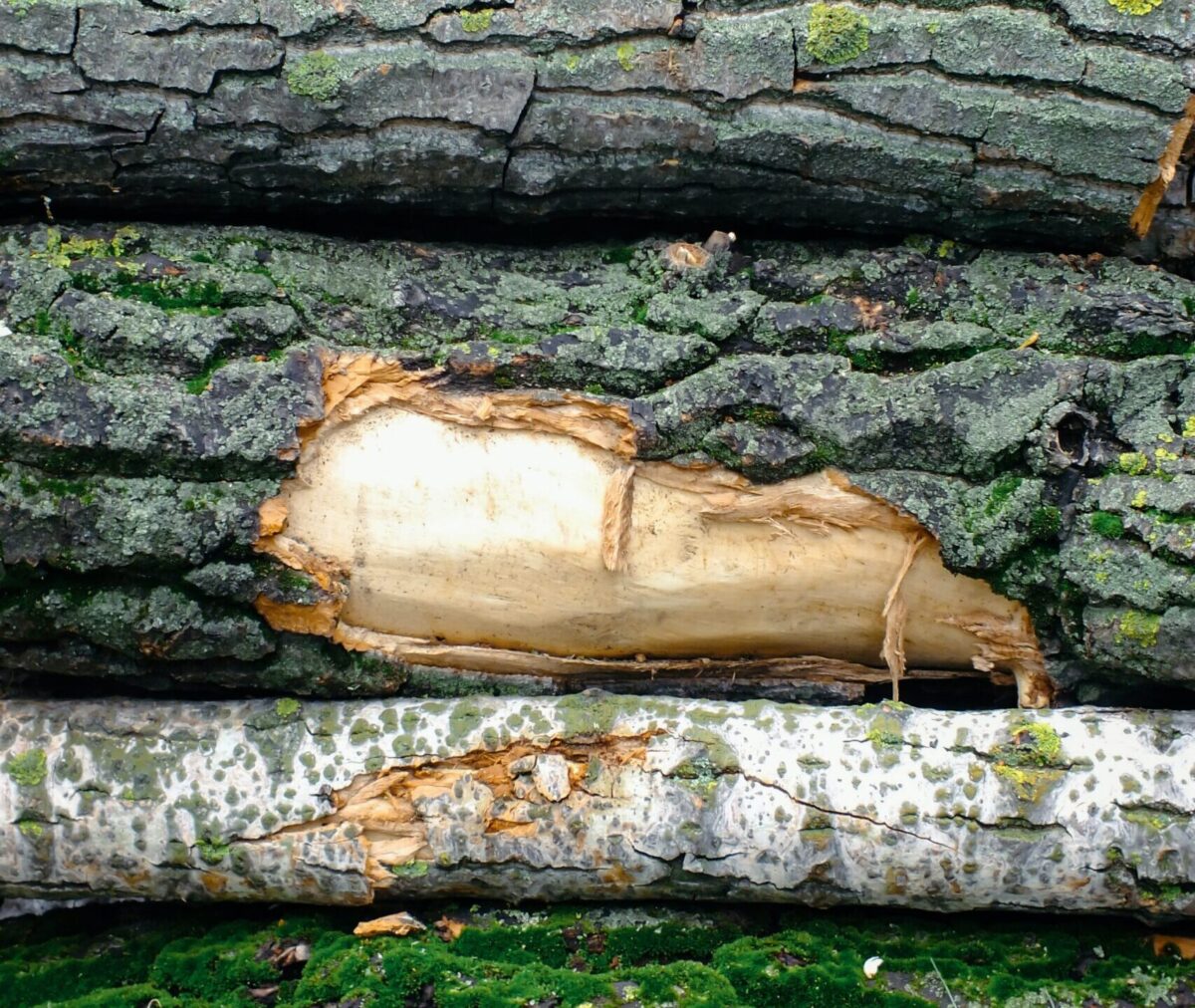Carbon and climate efficient use of biogenic waste for circular chemicals

In Sweden, around 7Mton of waste is yearly incinerated for energy recovery. Currently around 60 % of the carbon available in that waste is biogenic. Meanwhile, the demand for green carbon is expected to increase as industry transitions to mitigate climate change.
This project assesses using the solid waste streams to produce platform chemicals, thereby utilizing the green carbon in the waste. At present, the main alternative to decrease climate impact of waste treatment is (BE)CCS. However, depending on the type of end-product and the background system, using the carbon in waste to produce circular chemicals might be a better option.
To identify the viable scenarios for utilization of waste to chemicals, a holistic perspective is required. Here, the climate-, cost- and policy perspective of producing platform chemicals from solid waste fractions via gasification or incineration coupled with (BE)CCU, will be assessed. The results will be of great value both to industry and authorities.

Sima Ajdari
RISE Research Institutes of Sweden

sima.ajdari@ri.se
Project information
Participants
RISE
Time schedule
January 2024 - March 2025
Total cost of project
1 373 969 SEK
Swedish Energy Agency project number
2023-00840
More projects

Improved forecasts of logging residues for precision planning
Today’s geopolitical situation and roadmaps towards fossil freedom have increased the demand for domestic forest fuels in Sweden. There is an ecological…
Manager: Raul Fernandez Lacruz
Ongoing

Biorefining of bark in biochemical conversion and in forest-industrial processes
Bark is an underutilized residual stream from pulp and saw mills and its utilization in biochemical conversion is not well investigated. This…
Manager: Leif Jönsson
Ongoing

FUSE – Assembling C6 furans that are sustainable by C5 bio-based value chains using bioelectrochemistry and CO2
The main goal of the FUSE project is to generate knowledge and green technologies to enable assembly of sustainable furan platform chemicals…
Manager: Per-Olof Syrén
Ongoing


